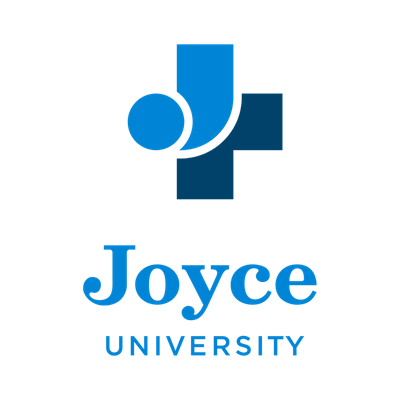Dive Brief
- The Iowa-based non-profit ACT, known for its college entrance exam and other assessments, announced a $7.5 million investment in Smart Sparrow, an adaptive learning platform with a faculty-friendly approach to creating interactive digital courseware, reports Inside Higher Ed. The investment signals ACT’s pivot to educational technology and its shift into a learning company.
- Over the past few years, ACT has invested millions in educational technology. In addition to the Smart Sparrow investment this year, it also developed an online learning program for its college exam. Last year, the nonprofit invested $10.5 million in a venture capital firm that invests in education companies, and in 2016, it bought OpenEd, an online catalog of homework assignments, lesson plans and learning content.
- Dror Ben-Naim, founder and CEO of Smart Sparrow, told Inside Higher Ed that digitalization of curriculums is restructuring the education experience, enabling assessment and learning to happen simultaneously, while Marten Roorda, ACT CEO, said the organization plans to bring a more data-driven and scientific approach to the industry.
Dive Insight
Forbes reported that ed tech-related investments reached $9.5 billion last year, and ACT’s investment in Smart Sparrow highlights the growing pressure for education organizations and others to adapt to the explosion of digital learning technologies.
The pressure is also bolstered by the growth in online education. A recent report issued by the Babson Survey Research Group said that 1.17 million fewer students are studying on college campuses while online course enrollments continue to climb. In academic year 2016, 6.34 million students nationwide were enrolled in at least one online course, compared with 5.99 million students in 2015.
These investments in ed tech, as well as in data collection, are changing the future of education. Besides employing more robust digital learning technologies, institutions are capturing more complex and useful data about how students learn, creating potential to enhance aspects of curriculum, instruction and a number of functions related to student success, with improved precision.








